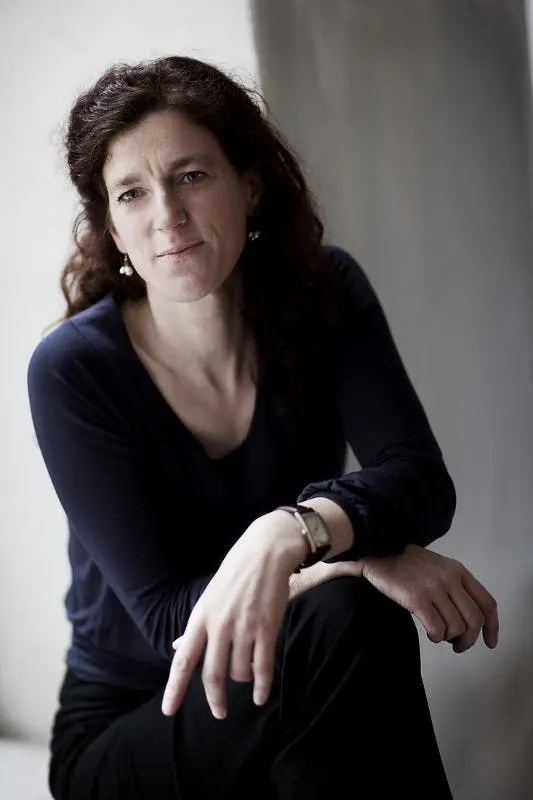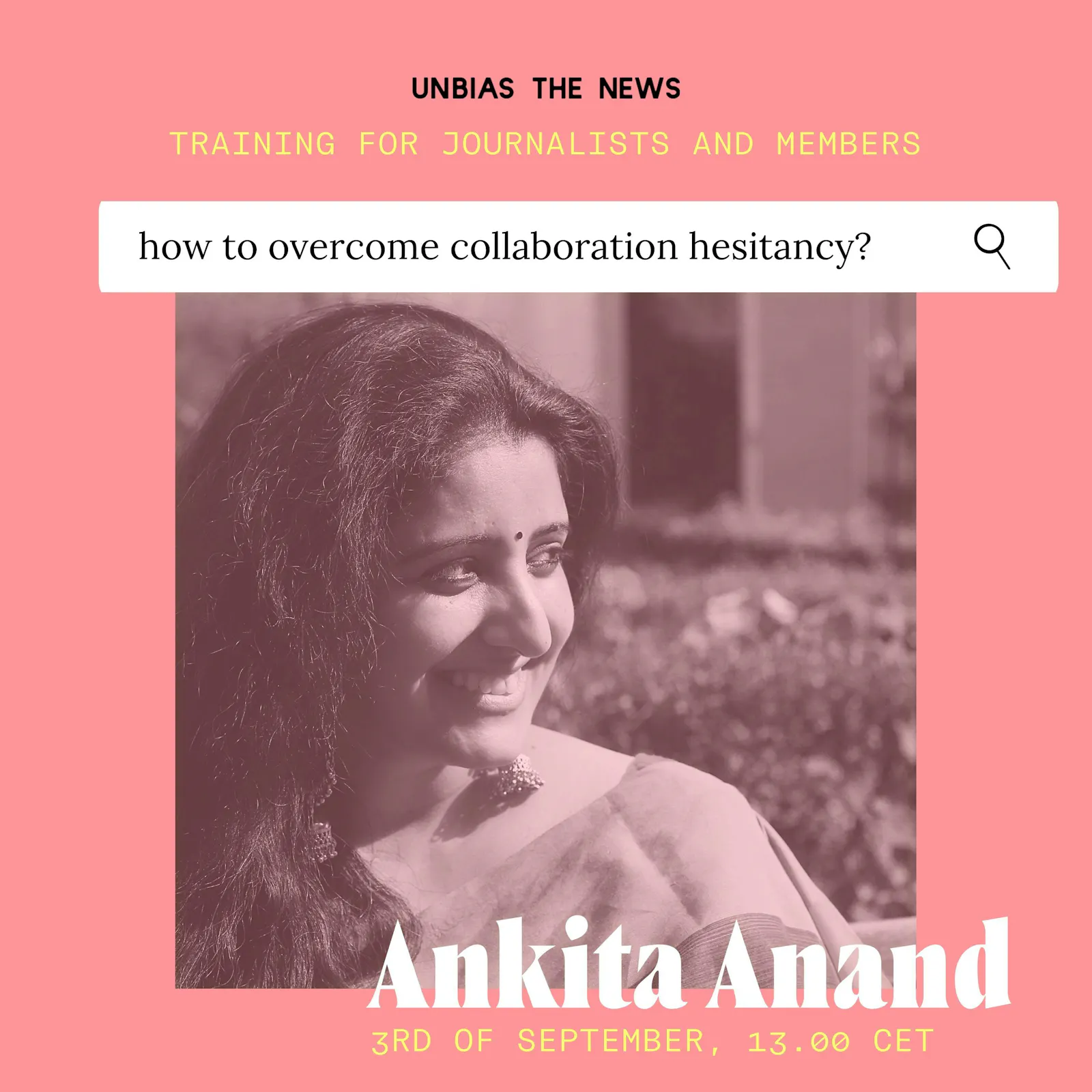Session re-cap: Cross-Border Collaborative Journalism
“The most important thing when we collaborate is that we should know ourselves because we are shaped by our cultures” - Brigitte Alfter

Photo by: Thomas Tolstrup
Strength in unity
Collaboration and cross-border stories have always been a priority on our manifesto at Unbias the News. Added to that, when we saw that our network of journalists was actually asking for training on the subject, we thought it was about time we invited Brigitte Alfter, (Opens in a new window) author of Cross-Border Collaborative Journalism: A Step-By Step Guide. In the session we hosted on 6 August 2021, Brigitte was greeted by participants from Egypt, Indonesia, Kenya, India, Nepal, Indonesia, Denmark, Australia, Germany, Bosnia-Herzegovina, France, Italy, Pakistan and Spain.
“The most important thing when we collaborate is that we should know ourselves because we are shaped by our cultures,” said Brigitte who has lived in different countries, and is a journalist and a lecturer, along with being the director of Arena for Journalism in Europe, the organisation behind Dataharvest – the European Investigative Journalism Conference.
She talked about how collaborations help us share the workload, skills, serve different audiences, get a bigger impact and enhance our security. Adding to the last point, she gave the example of The Daphne Project (Opens in a new window), a collaborative initiative which started with the aim of carrying forward the work of assassinated journalist Daphne Caruana Galizia. (Opens in a new window)
The importance of publishing in local languages, which can happen with collaborations, can also not be underestimated because in a cross-border investigation not all the stakeholders would be reading international publications in English.
Types of collaborations, and finding your teammates
Not all collaborations are alike. Brigitte talked about how journalists can collaborate for just one part of the project, have a loose cooperation over certain common tasks, or work closely throughout the investigation. The level of trust would also vary accordingly, and that’s all right. For example, for a limited task, collaborators can share valuable but low-risk information. Where there is a question of sensitive information that also concerns the safety of sources, one should only share in close cooperations.
Journalists who usually work alone despair about where to find teammates. To overcome this challenge, Brigitte suggested open networks like the Global Investigative Journalism Network, specialised ones like the Arena Housing Project, and editorial networks like International Consortium of Investigative Journalists.
Mutual respect and honest conversations
To put some of the knowledge earned in the session to practical use, participants formed groups to discuss and compare notes on the similarities and differences between the journalistic traditions of their respective countries. This brought to mind Brigitte’s earlier point about knowing ourselves and each other’s backgrounds better, and to be sensitive to them. To take this further, teams looking to collaborate should also discuss their idea of a good story, sharing of bylines, and methods to obtain documents. A respect for differences and open conversations go a long way in any kind of collaboration.
As expected, Brigitte’s enriching presentation was followed by a flurry of questions. There were queries about securing grants, getting equal treatment as women in media, and facing high risk situations as a team when collaborating.
At Unbias the News, we do not want to put a time limit on the questions, concerns and needs our journalists might have. So we decided to continue this conversation and have our next training on a similar topic - How to overcome collaboration hesitancy.
The session will be open to Journalists of the Hostwriter network and Unbias the News, as well as our Accomplice members.



